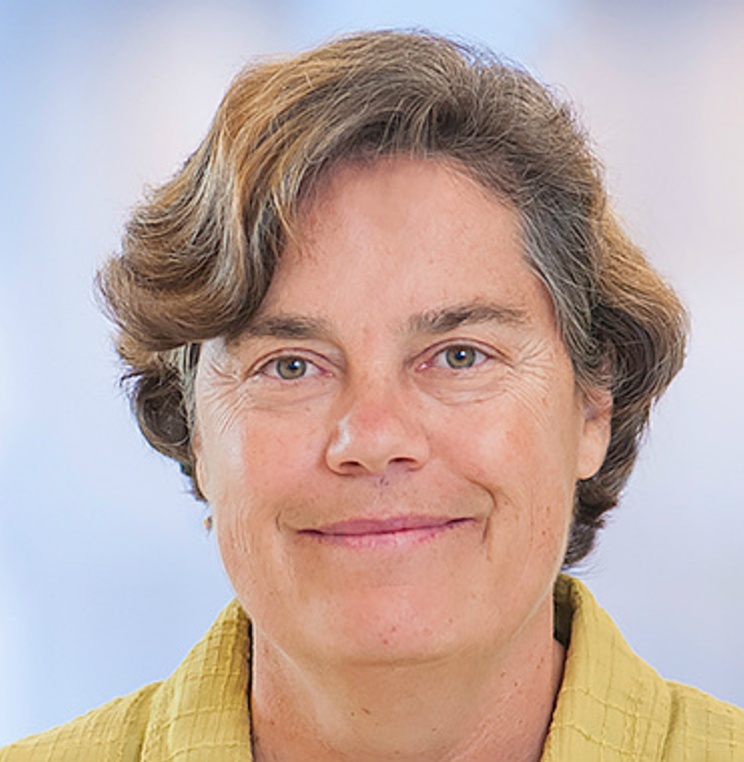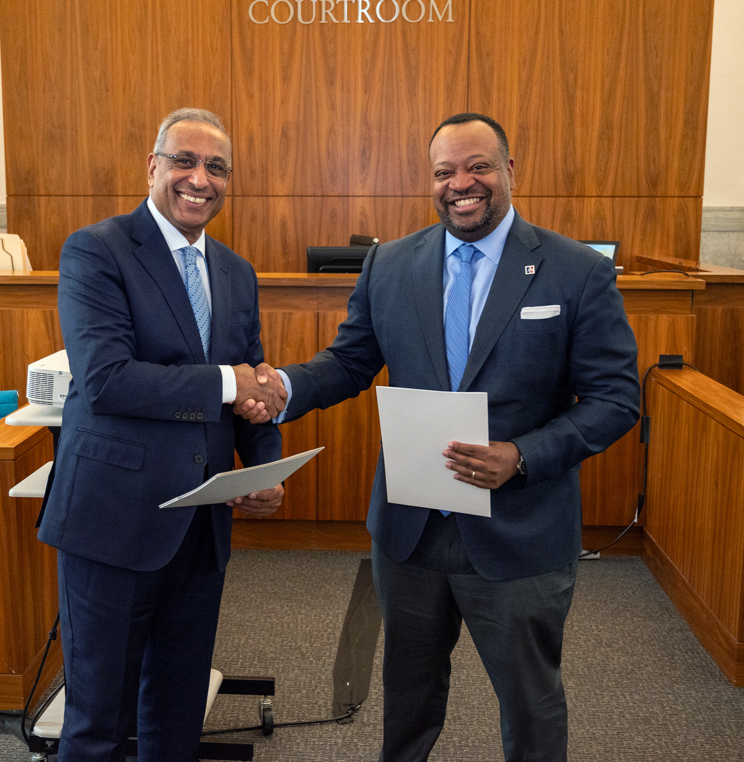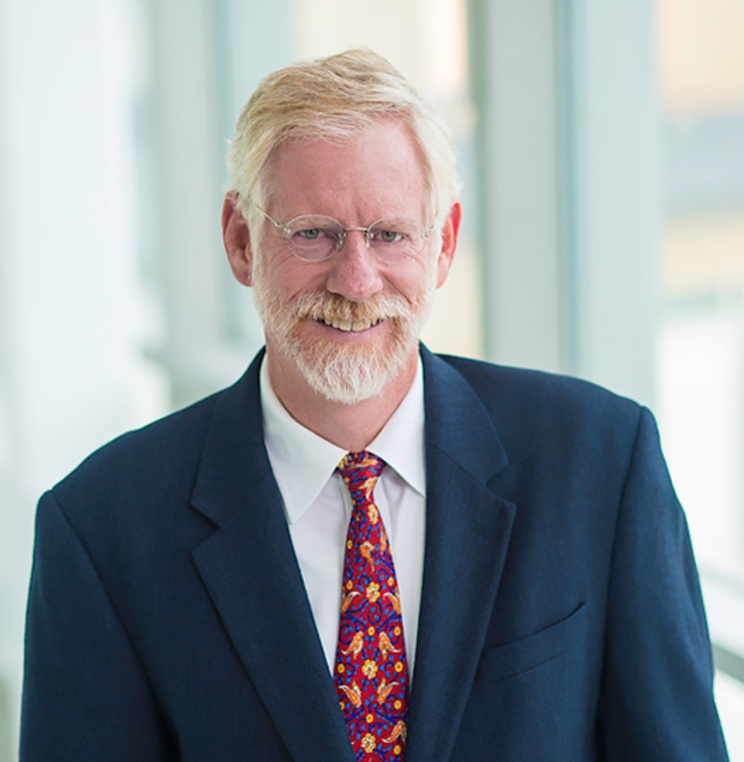How Students Can Join the Global Movement to Promote Access to Essential Medicines
5:00 Registration | 5:15 Program | Reception to Follow
Sixth Floor Student Lounge
Sponsored by PIJIP, the Health Law & Justice Society, the Intellectual Property Law Society, and the Center for Human Rights and Humanitarian Law
Agenda:
Universities Allied for Essential Medicines organizers will present about the story behind UAEM, its mission and to discuss how students can get involved. Come learn about the important problems that patents create for access to needed and affordable medications in developing countries and what students across the country are doing to help.
Speakers:
- Keaton Andreas, UAEM Campus Campaigns Organizer
Why we fight: an introduction to access to medicines issues - Sara Helena Pereira e Silva, UAEM Brazil
An international perspective: stories and ideas from UAEM Brazil - Taylor Gilliland, UAEM Board Member
In the trenches: The lived experience of a UAEM student - Q&A with panelists, Merith Basey (UAEM Executive Director), Rachel Kiddell-Monroe (UAEM Special Advisor), and PIJIP Prof. Sean Flynn
UAEM offers opportunities for students to partake in training programs and to become UAEM student leaders. E-mail Keaton Andreas at kandreas@uaem.org for more info!
UAEM Speakers and Organizers
Keaton Andreas (UAEM Campus Campaigns Organizer) – UAEM’s campus campaigns organizer Keaton Andreas focuses on keeping UAEM’s student chapters supplied and engaged in advocacy. In addition to training in organizing and social action, he offers direct support in areas of recruitment and chapter planning. A graduate of Fuller Theological Seminary, Keaton has an academic grounding in advocacy and social action, and is particularly skilled in speaking from a “moral authority” angle. He has interned with worker justice groups such as CLUE-LA and worked for the faith-based advocacy organization Bread for the World where he served as a regional organizer for their advocacy groups. Keaton is based in Oakland, CA.
Sara Helena Pereira e Silva (UAEM Brazil Coordinator) – Sara is a law student at the Faculty of Law South Mine (MSDS), in Minas Gerais, where she conducts research in public health, social rights and minority rights. In UAEM-Brazil, led the chapter of the MSDS from 2012 until 2014 and was part of the committee UAEM who attended the 66th World Health Assembly in Geneva. Recently joined the Steering Committee of the UAEM North America, the term 2013-2014.
Taylor Gilliland (UAEM Board Member) – Taylor Gilliland, Ph.D. is an AAAS Science & Technology Policy Fellow placed in the National Center for Advancing Translational Sciences (NCATS) at the National Institutes of Health. At NCATS, he is working on policy issues surrounding biomedical innovation to enhance the development, testing and implementation of medical interventions across a wide range of human diseases and conditions. Taylor received his graduate degree in Biomedical Sciences at the University of California San Diego where his research focused on understanding the structure and function of a family of proteins involved in immunecell migration. He is a recipient of a NSF Graduate Research Fellowship, NSF Graduate STEM Fellowship in K-12 Education, and NIH Training Grant in Cellular and Molecular Pharmacology. Taylor previously served as a UAEM Coordinating Committee Member for five years where he helped lead chapter outreach and empowerment efforts and played a key role in the University of California campaign. He received his undergraduate degree in Biochemistry & Molecular Biology from the University of Florida where he conducted research on HIV drug resistance and was an active member of the Student Global AIDS Campaign.
Walter Britto Gaspar (UAEM Brazil Coordinator) – Walter is a law student at the Getulio Vargas Foundation (FGV) in Rio de Janeiro. He’s worked with Creative Commons in Brazil, culminating in the publication of the book “O que é Creative Commons?” (What is Creative Commons?) with Professor Sérgio Branco. After an internship at FGV’s Center for Technology and Society, he went on to coordinate Universities Allied for Essential Medicines in Brazil
Merith Basey (UAEM North America Executive Director) – Merith has over a decade of experience in global public health, advocacy and project management. Following her postgraduate studies on Latin America at La Universidad Complutense, the UK native spent many years leading AYUDA, where she was responsible for fostering new partnerships, growing youth-led programs and strengthening local capacity in type 1 diabetes communities across Latin America and the Caribbean. After a Master’s degree at the London School of Hygiene and Tropical Medicine, she worked with the Constituencies team at the World AIDS Campaign in Amsterdam. Her interest in access to medicines stemmed from her experiences on the ground in the regions in which she was working. Disheartened by a lack of global action around access to insulin she was inspired to co-found the 100 Campaign with a small team of advocates, aimed at re-framing insulin access as a human rights issue and reducing the barriers to access. She speaks Spanish, French and Portuguese and is based in Washington, DC.
Rachel Kiddel-Monroe (UAEM Special Advisor) – Rachel, member of the United Kingdom Law Society since 1991, has been President of the Board and Senior Policy Advisor of Universities Allied for Essential Medicines since 2007. She has supported UAEM students in developing a loose group of students at 20 North American universities into an internationally recognised access to medicines advocacy organisation with offices in North America, Europe and Brazil.
Rachel has worked on humanitarian and human rights issues since 1989. After working on indigenous rights and East Timor independence with grassroots organisations in Indonesia (including as special UN assistant to José Ramos Horta, now the President of East Timor), she joined Médecins sans Frontières in 1992. Rachel headed emergency humanitarian missions in Djibouti, Democratic Republic of Congo (then Zaire) and Rwanda and was involved in operations around the Rwandan genocide and themassive refugee crisis. After becoming programme director of MSF Canada, she was appointed Regional Humanitarian Affairs Advisor for Latin America based in Costa Rica from 1999-2003.
Returning to Canada in 2003, she led the MSF Access Campaign in Canada until 2007. Rachel has lectured on international development at McGill University and has consulted for the Drugs for Neglected Diseases Initiative, the Canadian HIV/AIDS Legal Network on the Canadian Access to Medicines Regime, and MSF. She recently completed her LL.M in Bioethics and her thesis focuses on global governance for health and the role of corporate non-state actors. Outside UAEM, Rachel consults on issues of humanitarianism and governance.


